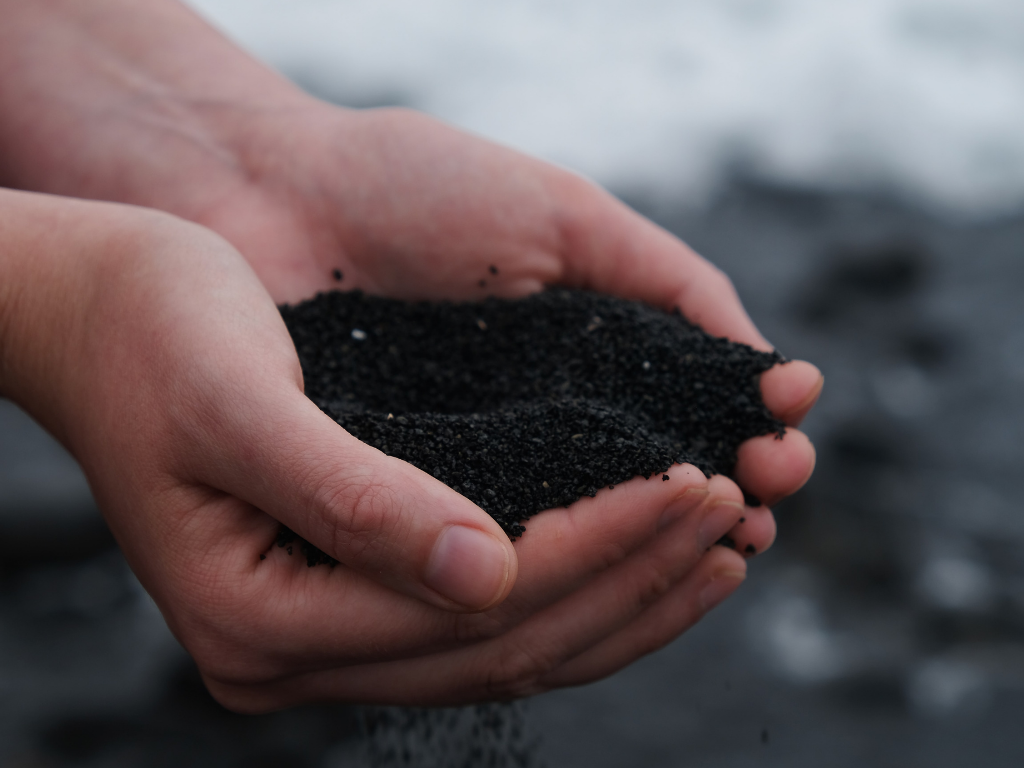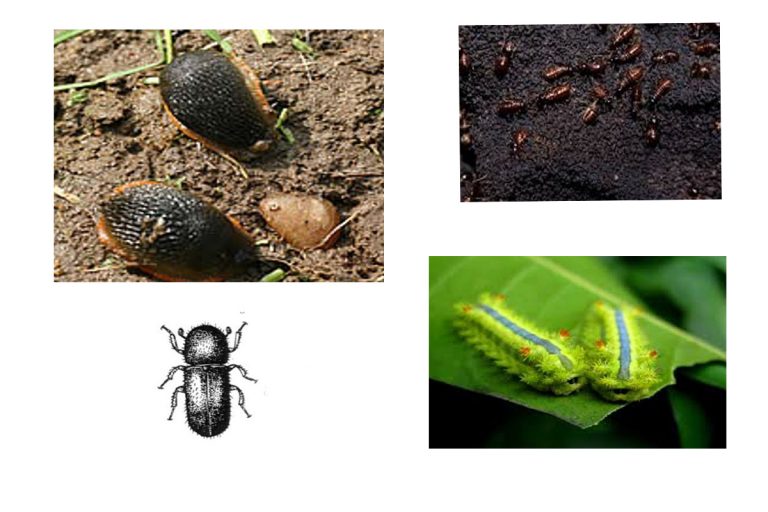Compost for Tea Cultivation
Introduction to Compost for Cultivation
Today, there is a growing trend in the world to use organic fertilizer for tea cultivation. The addition of compost to the soil is very important for improving soil organic matter, retention and release of plant nutrients in tea lands.
The formation of compost can be defined as the process of biological and chemical decomposition under controlled condition, which involves the convection of plant and animal part into humus. Although the nutrients in compost are relatively low compared with chemical fertilizer, there are important to provide abundant organic Carbon to the soil. In addition, proper mixing of compost to the soil improves the physical, chemical, and biological properties in tea lands. Using compost we are able to enrich the soil, retain soil moisture and maintain microorganism activities of soil.
Compost also provides a significant amount of many plant nutrients (macro and micro) which are required for soil fertility. Compost plays a number of important functions that cannot be obtained by the use of chemical fertilizer and it enhances the efficiency of artificial fertilizer.
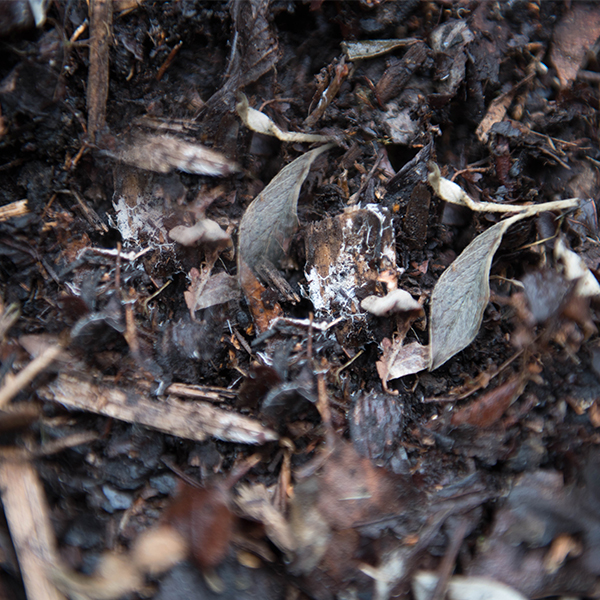
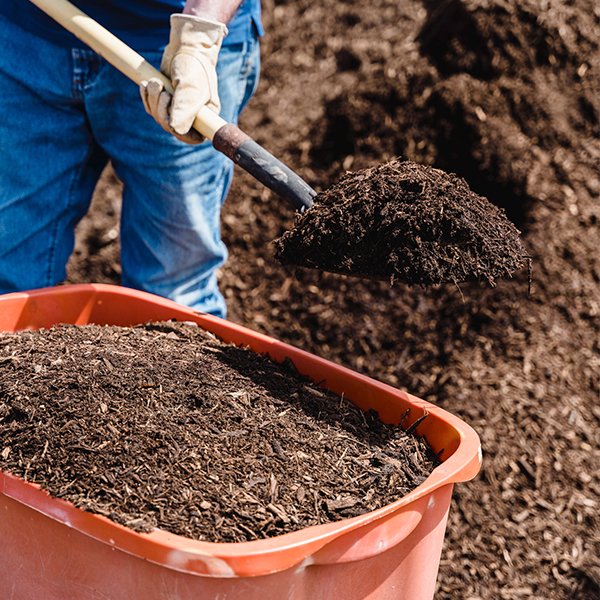
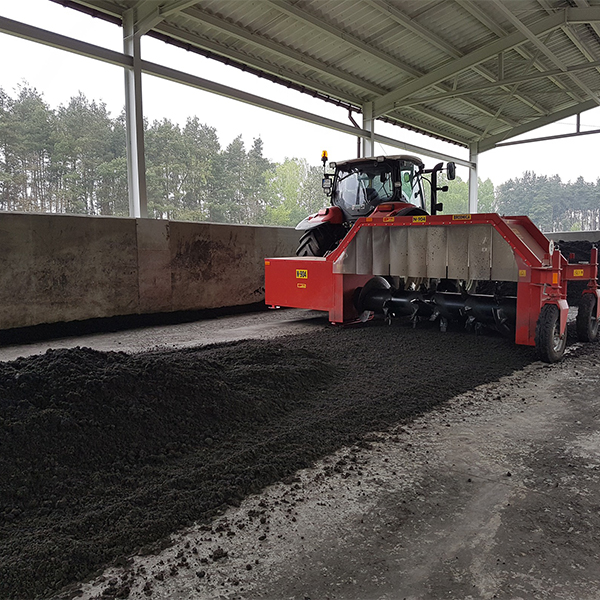
Conversion of Organic Matter into Compost
There are many methods to produce compost, but principles of all composting operations are same. Mainly compost is based on physical, chemical and biological processers. Soil dwelling organisms such as arthropods, Earthworms, bacteria and fungi help to convert organic matter into compost. Lager organism brake-down organic matter into smaller partials, which play a key role in further digestion by microorganism.
Therefore, it is essential to provide these soil organisms with optimal condition to successful composting process. Considering optimal conditions are feeding, moisture, oxygen, temperature, pH value of medium and additives. As we all know, organic matter contains different amounts of Carbon and Nitrogen and optimal Carbon and Nitrogen ratio in the mixture is essential for microorganism break down carbon-rich organic matter.
Factors Affecting to Compost Quality
C: N (Carbon: Nitrogen) Ratio of Compost Mixture
If we use substance with high Carbon content and low Nitrogen content to produce compost, the process of composting will slow. Because, there is no have enough nitrogen for microorganisms to breakdown the organic matter. And also if we use substance with high Nitrogen content and low Carbon content to produce compost, the process release the excess Nitrogen to atmosphere as ammonia gas. Therefore we need maintain the C: N ratio of the compost mixture in between 10-25.
Moisture Content of Compost Mixture
At initial stage of the composting process, the moisture content should be between fifty precent and sixty precent. When the temperature increases due to microbial activities, the water evaporates from the compost mixture. Therefore the moisture content of the mixture will decrease. So we need to add the required amount of the water to the mixture.
Aeration of the Compost Mixture
When the moisture content of the compost mixture increases, an anaerobic state can be occured and under such conditions, anaerobic organisms become active. Then there is also an unpleasant odour.
So, it is essential to provide adequate oxygen to activate aerobic organisms. Therefore, compost piles should be made in such a way that maximum ventilation takes place through the applied materials. The compost piles should be physically mixed and perforated to allow sufficient air to flow in to the material through the lines.
Temperature of the Compost Mixture
Proper temperature of the mixture is one of good indicator to monitor weather the compost mixture processing in correct manner. The temperature of the compost piles will increase due to the heat generated by the microorganisms breaking down the organic matter. The drop in temperature of the compost pile is an indication that the compost process is slow. Low moisture content of the mixture, a high C/N ratio, and a lack of Nitrogen and very low temperature around the compost pile may cause the temperature to drop.
A very high temperature means, the process is very active and the microorganisms can quickly loose oxygen and the process can be disrupted. Thus, the optimum temperature for making compost is 60-650C and it is not advisable to maintain a temperature above 700C. Therefore it is necessary to maintain the temperature by the height of the compost pile.
Size of Organic Matter
The size of the organic matter is very important physical factor in compost processing. If there are lager organic matter in the mixture, air flow through the mixture will be fine. But it will cause to dry up piles quickly. Therefore activities of microorganisms will be slow.
If there are too smaller particles in the mixture, it will cause to become anaerobic condition. It is important to keep organic matter in optimal size to balance the moisture retention and oxygen supply.
pH Value of Compost Moisture
The pH value of the compost pile is important for the microbial activity. Excessive increase or decrease in pH value will impair the activity of the microorganism. It is not advisable to use the substance in higher amount that cause such an increase or decrease of pH value. The pH value of the mature compost product should be in the range of 6.5-8.
Using Compost for Tea Land
It is better to apply compost before the onset of dry season. Many experiments are shown that composting with recommended chemical fertilizer gives better results than only applying only compost.
The amount of compost used for tea land depends on elevation and organic matter content of the soil. Better results can be obtained by mixing with soil when applying compost to the tea lands. The compost manure can also use to fill the planting pit in new planting or re-planting.
It is advisable to use solid phase compost just after the pruning because it is easy to use at this time. Liquid compost can be used at the time of plucking tea. However, if you use only compost fertilizers for tea cultivation, there should be constant monitoring about health of tea bushes.
If you need to read more about tea manufacturing

